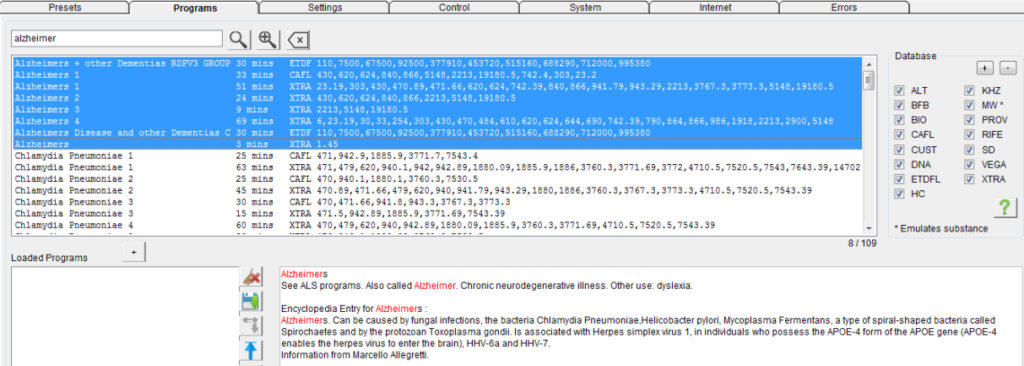
Alzheimer’s disease (Alzheimer’s Disease- AD) is the most common type of dementia. It is a degenerative disease of the central nervous system that occurs in old age and pre-age. It is characterized by progressive cognitive dysfunction and behavioral disorders. The most well-known feature of Alzheimer’s disease (AD) is memory impairment, but for Alzheimer’s patients, the most painful thing is the loss of self-care ability due to overall cognitive decline. AD patients who develop severe AD are not only emotionally indifferent and unstable, but also lose their language ability, and even cannot complete simple daily tasks such as dressing and eating. They are often speechless at the end of the disease, lying in bed, and gradually losing contact with the outside world ( (Including relatives and friends) ability to contact.
The course of Alzheimer’s disease is generally 5-10 years, and only a few patients can survive for 10 years or longer. Most of them die from complications such as lung infections, urinary tract infections, and pressure sores caused by long-term bed rest. 15-20 years before the onset of clinical symptoms of Alzheimer’s disease, abnormal deposits of related pathogenic proteins have begun to appear in the patient’s brain. Significant degenerative changes and neuron loss have occurred. Therefore, in order to avoid Alzheimer’s disease, we must start prevention at a young age before the onset of disease. Language ability is a factor that helps prevent Alzheimer’s disease. Sometimes we feel that the more we use our brains, the more flexible our brains will be. This has been confirmed by objective scientific research.
Scientific research has found that language skills are lower when you are young, and you are more likely to suffer from Alzheimer’s when you are old; on the contrary, the greater the density of thoughts in your early years, the more cognitive function you can maintain. Some suggestions to prevent Alzheimer’s disease: use your brain more, communicate more with others, maintain moderate exercise in life and study, aerobic exercise, volume training for 30-60 minutes, 5-6 times a week, diversified exercise forms, guarantee 7 -8 hours of sleep, the brain needs to rest, learn meditation, yoga, music, abdominal breathing and other decompression methods.
Improve your eating habits, diversify your food, eat some mushrooms, cruciferous vegetables (broccoli, cauliflower, etc.), green leaf materials, fish eggs, probiotic foods (kimchi, sauerkraut, yogurt, etc.), onions, garlic These are foods that can be chosen frequently, while sugar and processed foods should be avoided as much as possible.
Spooky2 provides programs for Alzheimer’s disease, you can search for it with “Alzheimer”, as shown in the figure below:


